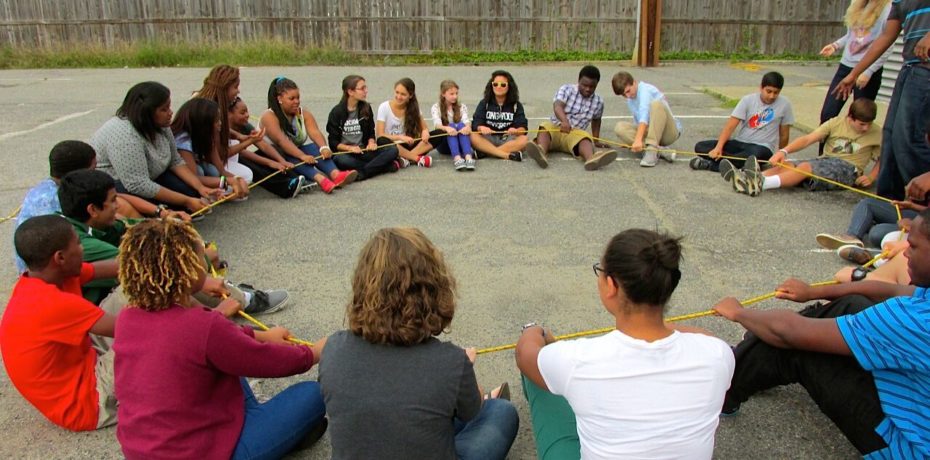Peace: This word is as utilitarian as any word could ever be. There are so many meanings.
It’s a greeting or farewell with roots extending deep into the early days of hip-hop culture, a silent contemplation in the early morning light by urban yogis saluting the sun, or an unexpected feeling, such as when one glances out the window to behold the sun-speckled river in the middle of a boring workday. Or, peace is the hope for a future where all life is sacred. Yet who among us is devoted to exploring all these deeply personal meanings? For that work, we are very fortunate here in Richmond to have Adria Scharff, executive director of the Richmond Peace Education Center (RPEC).
Founded in 1980 during a conflict-driven time when the surge of global militarism had resulted in a heated nuclear arms race between the U.S. and Russia, RPEC promotes equitable nonviolence and social justice in the Richmond region. In 2005, the Center, which is nestled in the arc of the residential Fan District, expanded its project scope to include outreach and conflict resolution skills training for teens and young adults. Today the Peace Center offers workshops, public events, and training, and in the last two years alone, has organized over 100 events and programs, which have reached thousands.
As RPEC has grown, it has supported activism committed to empowerment through creative, nonviolent projects all over town. Scharff ‘s mission is to certify as many youth program leaders as possible so that they too can spark change within their own communities. Training includes 15 hours of paid instruction and six hours of follow-up classes, which have even led participants to pursue a career in social justice.
According to Alana Harris, a recent high school graduate, “RPEC has given me an opportunity to express myself outside of the classroom.”
While the Peace Center was founded on the idea of nonviolence and social justice, Scharff explains: “But for us, the current staff, nonviolence doesn’t only mean equipping people with skills to resolve their own interpersonal conflicts peacefully. It also means non-violence in the tradition of King and Gandhi, which is about challenging the system of oppression.”
As an example, last year, during a Black History Month forum, students at Glen Allen High School faced a challenge. They were censored by county administrators, who accused guest facilitator, Dr. Ravi Perry, of being racially divisive in his Black History Month presentation. Dr. Perry, who is the president of the National Association for Ethnic Studies, pointed out the economic and social disparities between races in his presentation. School officials, however, felt Perry went too far with a racial inequality video that focused on the many social justice challenges facing communities today.
Scharff and RPEC responded.
The Peace Center invited young RPEC participants to watch the video that sparked the controversy. In fact, they watched it several times. And from there, the youth developed their own set of questions and responses about what they saw.
“If somebody says they’re for peace in the tradition of nonviolence, it doesn’t just mean you’re nice to your neighbor,” says Scharff. “It means you are actively challenging the systems of violence that are defining every sphere of our society, and we’ve always had that commitment to challenging systems of oppression wherever they might be.”
Peace.

